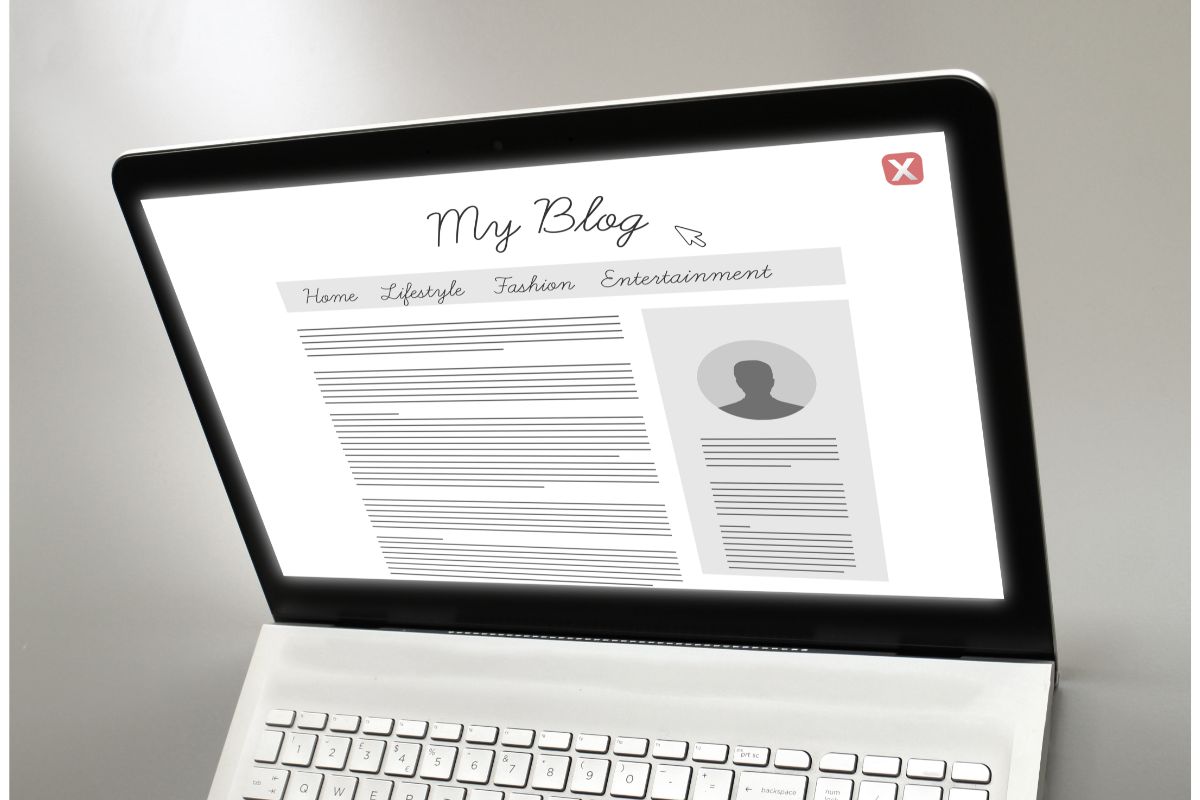Online content marketing is a fast-paced world, and it can be difficult to keep up. However, all of your efforts in keeping up with the world of marketing are going to be futile if you are not proofreading and editing your content correctly.

When it comes to editing and proofreading, it can be difficult to know where to begin. You may also find editing and proofreading a tedious task, which may mean you are more prone to mistakes. This is why we are here to help!
In this article, we will tell you all of our top tips for editing and proofreading. So, if this is of interest to you, then read on for more!
15 Editing And Proofreading Tips Every Blogger Should Know
Here are our top tips for editing and proofreading!
1. Writing Can Differ
Writing an essay and writing for the internet are very different things. From sentence structure to punctuation to format, everything needs to be edited accordingly. In other words, what is right for one type of writing is not right for the other.
Now, breaking the rules of online writing can be okay, but it must be a deliberate choice that has a purpose.
2. Understand The Difference Between Editing And Proofreading
Sounds simple, but it’s extremely important. There is a difference between editing and proofreading. During the editing process, you must revise the content, including language and structure.
Meanwhile, proofreading means fine-tuning content and doing final checks for spelling, punctuation, and grammar.
3. Thorough Research Is Necessary
It is not a good idea to begin writing about a topic without having done any prior research. You cannot simply skim over Wikipedia and then write your content.
You will need to dedicate time to exploring the topic, gather information on what is said about it, and determine how the topic is relevant to current world events, your brand, etc.
While researching, it is important to ensure that you know the correct spelling of places and names, as well as factual dates, statistics, and data.
4. Review Your Format And Structure
An important aspect of editing is correctly formatting and reviewing your marketing content. This part of editing is great for informing you of how engaging your content is. It is good to read your work aloud and see if it flows and makes sense.
Pay close attention whenever your speech stumbles or if sentences are difficult to digest and understand. If you find any issues like this, there is a high chance that your work will be difficult to read.
5. Back-Up Your Claims
It is important to find supporting resources and references for any claim that you make, research that you cite about your chosen topic, etc.
Your article will have more authority thanks to these citations and will therefore be more credible. However, you need to ensure that the sources themselves are credible and reputable.
For example, they will need to have accurate information and not be biased sources, etc.
By following this step, your SEO results will increase, and therefore, your marketing efforts will increase.
6. Make Sure Your Content Is Legal For Use
If you have content that includes videos, referenced materials, or images, then you will need to make sure that it is copyright-free.
Familiarize yourself with copyright laws so you know exactly how to use images, videos, etc. If you publish someone else’s work and infringe upon their copyright, then this can lead to a damaged reputation and fines.
7. Slow And Steady Wins The Race
It is important not to rush the editing and proofreading process. Content creators who achieve success will review their work more than once before publishing it, and it is important that you do the same.
If you rush these processes, then you are more likely to skip over mistakes. So, give your content many reviews before you publish it.
8. Do Not Rely On Spell-Checking Tools
Of course, we are not saying to avoid using them. Spelling checking tools are useful and important, but they should not be your only way to check the spelling and grammar of your work.
Sometimes, the suggestions of these spell-check tools can actually be incorrect, so you will need to have an excellent grasp of English or any other language you are writing in to be able to discern between good suggestions and bad ones.
Remember that the human eye cannot be replicated by software or computer programs.
9. Limit Distractions

When editing and proofreading, your work needs your undivided attention. So, it is a good idea to log out of your social media accounts, switch off your phone, and stay away from things that distract you.
Even if you can write with music, a podcast, or a movie on in the background, it is important to turn them off for editing and proofreading.
You may find it more helpful to print out your work rather than edit and proofread it using a computer screen, just don’t forget to update your content as you go!
10. Don’t Think About The Content When Proofreading
While proofreading, the overall story or content should be out of your mind, as this is not what you are trying to analyze and correct at this stage.
When proofreading, your sole focus should be on the sentence structure, spelling, grammar, and punctuation.
11. Know That It Is Okay To Make Mistakes
Sometimes, making mistakes is inevitable. It is not wrong to make a mistake, even the best writers do. A lot of the time, content creators will not focus enough on the punctuation and spelling of their work, so most mistakes will be made here.
However, while making mistakes is okay, it is important that you learn from the mistakes you make.
Once you start to recognize the areas where you make the most mistakes, you will learn to rectify these mistakes as you write, which makes the proofreading process quicker and easier.
12. Proofread Early
It is not a good idea to proofread late in the night, or make it the last task you do during the day. Your writing deserves proper, undivided attention.
So, you will need to proofread when you feel refreshed, alert, and ready to work. This normally happens in the morning or whenever you start your working day.
13. Take Breaks
Working nonstop is not good for anyone. So, if you want to ensure your work is of the best quality, then you need to take regular breaks to refresh your mind.
It is also a good idea to make your breaks productive, such as going for a walk, running errands, exercising, etc.
Taking breaks allows your mind to re-energize and you will feel refreshed and ready to get back into the editing and proofreading process when you return.
14. Consistent Formatting
If you decide to use bullet points throughout your work, then you should always stick to bullet points. If you underline a subheading, then you should underline all of your subheadings, etc.
Find a format you like and stick to it.
15. Don’t Forget About The Smaller Details
As well as editing and proofreading your main body of content, bloggers should also edit any footnotes they may use throughout their work.
These may seem like small details, but your work should be thoroughly checked before going out into the world if you want it to come across as professional.
Final Thoughts
So, there you have it! There are many tips, tricks, and techniques you can use to become a better editor and proofreader of your blog. Just follow these tips above, and you’ll get there in no time!
- The 20 Best Blogging Courses That Are For Beginners - December 7, 2022
- 20 Best WordPress Plugins For Blogs For Effective Blogging! - December 7, 2022
- 5 Excellent Affiliate Marketing Courses To Learn - December 6, 2022








